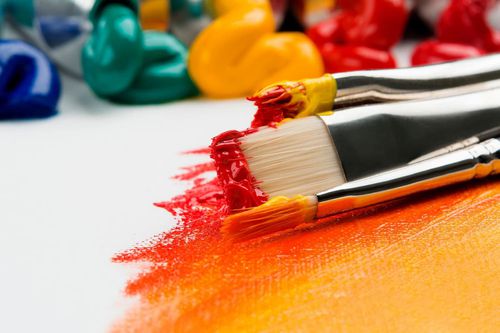What is sound therapy?
Sound therapy is a type of holistic healing method that uses music and sound to promote the healing process. Music therapists and sound therapists work with individuals and groups to play, reproduce and mix sounds in order to achieve therapeutic effects.
Sound therapist combines their knowledge of sound and music with practical experience, skill and training in injury prevention, restoration of health and wellbeing, management of acute illness and care for people who are terminally ill. They use all kinds of instruments, including but not limited to tuning forks, drums, rattles, bells, singing bowls, and their own voice.
Qualified sound therapists in Melbourne can apply for registration with any of the professional peak associations representing the sound therapy profession, such as those listed below, to get support and keep abreast of the latest industry news:
- Australasian Music Therapy Association (AMTA)
- International Institute For Complementary Therapists (IICT)
Should you study sound therapy?
Studying sound therapy will equip you with the knowledge, skills and tools to use sound to facilitate healing. What's more, sound therapy can be used in combination with other healing modalities to expedite the healing process. The following characteristics are essential to succeeding as a sound therapist:
- Patience and a natural ability to listen are the keys to facilitating healing in others.
- Empathy gives you the ability to assist others in resolving the root cause of their issue.
- A warm and friendly demeanour is needed to be able to establish rapport with clients.
- Confidence in working with a wide array of musical instruments or your voice.
If these qualities resonate with you, and you would like to use them to help others reach optimal levels of health, then you have the makings of a sound therapist. Read on to learn more about the courses and study platforms available to you.
What are the course and study options for sound therapy in Melbourne?
Sound therapy training courses are available for anyone to do, even if you do not plan on becoming a sound therapist. Since there are so many different areas of sound therapy, there is a wide range of courses you can do. Most schools in Melbourne that specialise in sound therapy offer certificates, degrees or diplomas that usually combine elements of psychology and communication skills with the application of both electronic and acoustic instruments.
Course content varies by the institution; most courses, however, go more in-depth on how sound affects us physically and emotionally, what types of instruments are played, and exploring spiritual vibrations around us.
The first step to becoming a qualified sound therapist is completing a foundational course that typically lasts three months. As part of the first level of a sound healing training program, students are introduced to the history of sound therapy and different instruments to facilitate healing.
A diploma course, which can last one to two years, is extremely useful for aspiring sound healers. It provides the skills needed to work in a variety of settings, with clients ranging from children to the elderly.
Some universities have on-campus sound therapy clinics where students attend regular sessions throughout their study program. Other schools in Melbourne offer their sound therapy courses through distance education, allowing students to study at their own pace and fit their schedules around other commitments.
If you want to learn more about sound therapy courses in Melbourne, a comprehensive list of qualified providers can be found at the top of this page. When choosing a course, you should consider a number of factors, including the curriculum, the instructors' qualifications, the method of delivery, the course fees and payment options, as well as the career prospects of graduates.
What happens after you complete your sound therapy course in Melbourne?
The career prospects for those who complete a sound therapy course in Melbourne are vast. Graduates might find employment at spas, retreat centres, or work alongside meditation or yoga groups or medical staff at hospitals or clinics, where they can use their knowledge of sound to help people suffering from injuries or disease. Sound therapists can also work in research, studying how sound affects the human body.
Other sound therapists prefer to work in private practice and enjoy the flexibility of managing their own schedule, rates and clientele. If this is the direction you'd like to take, you'll be glad to know that Natural Therapy Pages can give your business a leg up by providing you with the opportunity to place your services on the practitioner listings page. As a result, you will gain more clients and increase your revenue in the long run.
Your qualification in sound therapy can do more than land you a job. Why not consider taking a course relevant to your area of interest to advance your skill set? Here are some options worth considering:










